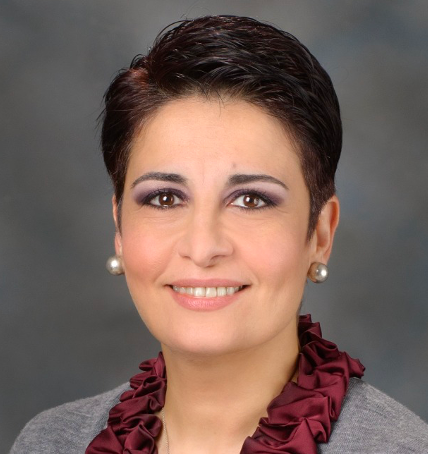
B.DABAJA
Department of Radiation Oncology, Division of Radiation Oncology
Pays Amérique
I am a Multi-Principal Investigator (MI) for this application and will provide access to clinical biospecimens as
well as translational guidance for this proposal. My primary goal is patient care with an emphasis on
maintaining and improving the cure rate for patients with hematological malignancies while decreasing the
short and long-term side effects of treatment. In this regard, I have extensively been involved in several
prospective clinical trials as well as retrospective studies that have contributed to changing the current
standard of care. I have introduced new technology and mode of treatment using modern technical advances
of our field to deliver an effective yet safe radiation. My current focus is evolving and adapting the role of
radiation to the immunotherapy and cellular era; specifically looking at radiation induced immunogenic cell
death both in animal models in clinical and translational studies. For I believe that the future of radiation is in
its effect on microenvironment and priming an abscopal systemic effect rather than direct cell killing. I currently
collaborate on many clinical trials evaluating immunotherapies with radiotherapy for leukemias and
lymphomas. Lastly, my mission is the dissemination of the above knowledge and technological advancement
through widespread education efforts. My work as an executive committee member of the International
Lymphoma Radiation Oncology Group (ILROG) has led to the development of numerous clinical guidelines
(many as first or last author) that are some of the most highly accessed and referenced publications on the
topic of hematologic malignancies radiation therapy. I am often asked to give national and international
lectures not only on research endeavors, but also on the practical considerations of hematologic malignancies
radiation therapy decision making and treatment delivery. For the past year, I have been working with Michael
Spiotto to develop a preclinical leukemia model to study abscopal responses against systemic disease. In
addition, we have been collecting serial biopsies of human extramedullary tumors treated with radiotherapy to
use a clinical correlate for our preclinical findings. During this time, we have met on a regular basis to
evaluate progress in the development of this model. We now have the tools to address clinically relevant
questions for how focal radiotherapy can induce abscopal responses against systemic acute leukemias.
Quelle place pour la radiothérapie dans le LH en 2024
Vendredi 15 Novembre 2024 - 17:20 to 17:50
Session 5 : Lymphome de Hodgkin